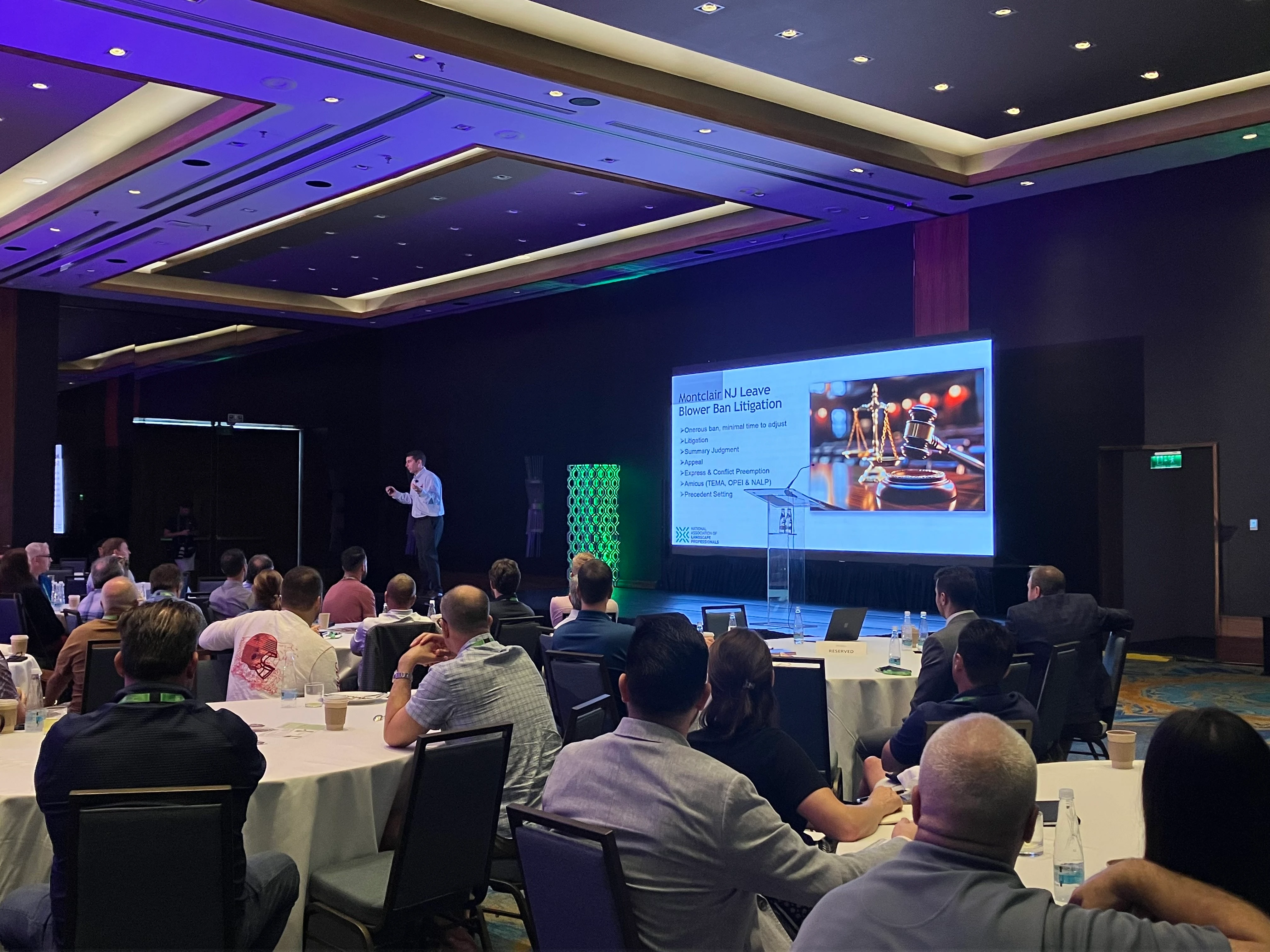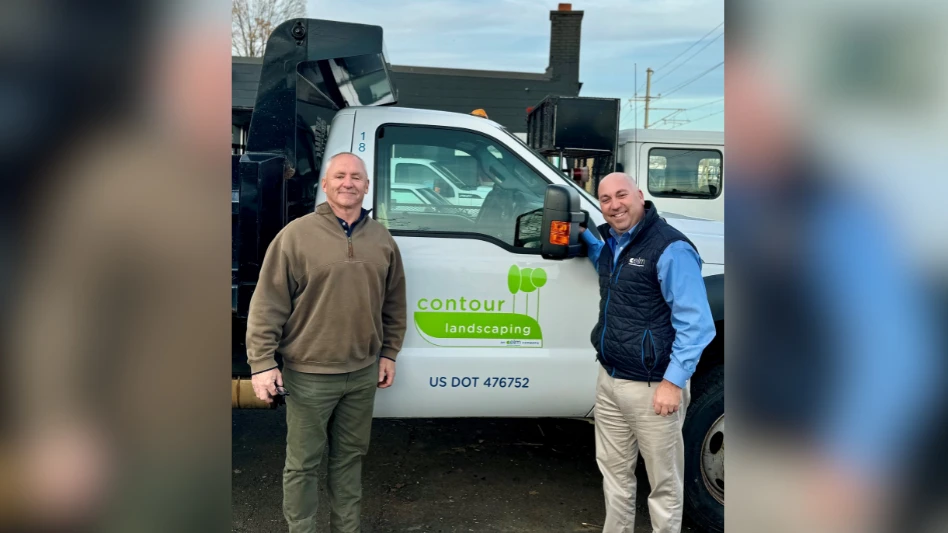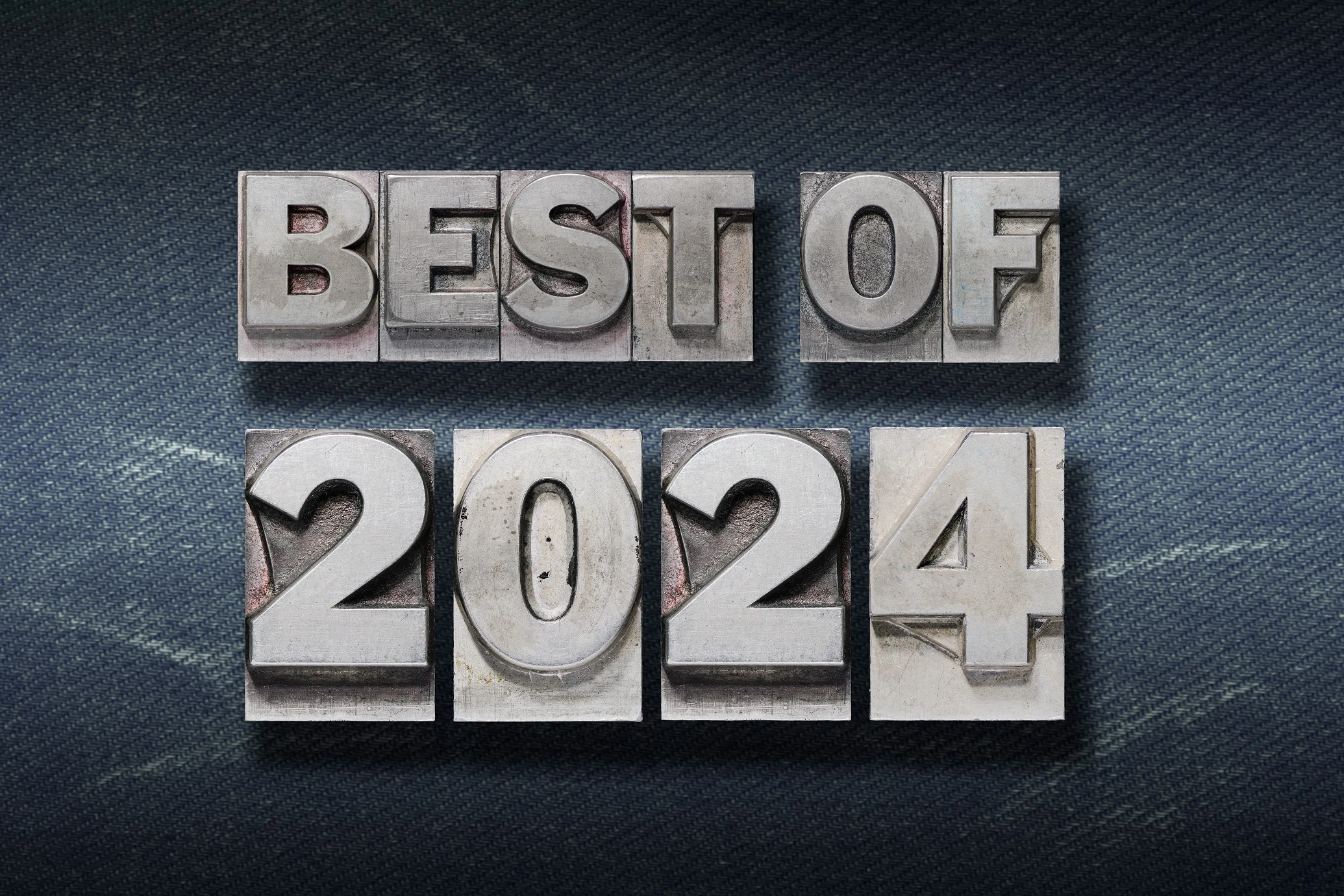
Thousands of miles removed from his usual post in Washington D.C., Bray — the National Association of Landscape Professionals' senior vice president of government relations — told attendees at this year's Leaders Forum that it could be “silly season” ahead of this year’s presidential election. The Senate could flip its majority, there could be a lame duck Congress and there could be a new president residing in the White House this time next year.
Even still, Bray says there are some encouraging signs for the industry regardless of what happens at the ballot boxes in November. These include progress made on the H-2B work visas program, where there was an all-time high in supplemental cap visas approved this year at 64,716.
READ MORE: Our coverage of the Leaders Forum also included an economic outlook for 2024
This includes 20,716 visas for the first-half cap, then 19,000 in the second half. There’s also 5,000 for post-May 14 and 20,000 for the Northern Central American H-2B program, which Bray says is really worth considering as long as President Joe Biden is in office. Bray says Biden has aimed to solve chain migration by prioritizing the NCA program.
“If you’re willing to (pull from) Northern or Central America, it’s worth trying,” he says.
Bray also promoted the Seasonal Employment Protection Act (SEPA), which he says will provide unprecedented cap relief. The bill aims to raise the cap floor of 70,000 and ceiling to 150,000. For reference, that ceiling is currently at 125,000 for FY2024.
He adds that this floor and ceiling are going to be based on .5% of the national employment, and it exempts the seafood, outdoor amusement, and remote/rural industries.
The only problem? SEPA hasn’t been introduced, as Bray says it still needs five more Republican Senators to endorse it.
Elsewhere in the legislative process, Bray says the green industry is losing the pesticides battle and pointed specifically to the Farm Bill. Every five years, a massive farm bill must pass in Congress, but it’s a significant battle because Bray says nobody wants to touch pesticide usage otherwise.
Bray says they want to achieve pesticide preemption at the state level by codifying state lead agency authority of the sale and use of pesticides. In other words, he hopes the Farm Bill will give state and local government the decision-making power on any pesticide bans on public properties.
Bray reiterated this is a losing battle, but it’s not quite over. As Congress “punted the ball” to this year (the bill was supposed to pass in 2023), Bray says they’ve flipped the dialogue a bit on opponents to this bill. Sure, there are some states discussing pesticide bans, but Bray believes the opposition is being anti-choice by trying to pass this law federally.
Then there’s the gas-to-electric transition in the industry. Bray says it’s clear that the green industry wants to transition to electric, but they want to do so responsibly, giving landscapers enough time to make that switch.Bray points to a tax credit they tried to get for large electric mowers, which they defined as mobile machinery, which already has a tax credit in the electric vehicle segment.
“Here’s the problem: The IRS so far is not recognizing that, and they’re requiring you to put a VIN number,” Bray says. “We still don’t have answers. If you guys were told that you could use this tax credit, you need to immediately go to who you purchased this from and confirm.”
Bray clarifies that it’s on manufacturers to validate what qualifies as a tax credit, which is for a max of $7,500. “It is not a slam dunk that you can be eligible for this tax credit as of right now,” he says.
Bray also added that he’s supporting H-R 6013, or the Promoting Reduction of Emissions through Landscaping Equipment Act. It was introduced by Rep. Lou Correa (D-CA), and it would give a federal tax credit for zero-emission electric lawn, garden and landscaping equipment. The bill would provide a 40% credit on anything from mowers, blowers, hedgers and other accessories.
In all, Bray supports the transition to electric equipment, but he points to litigation around a blower ban in Montclair, New Jersey, as part of the industry’s problem they face. In late July, they put out a bill that would’ve banned all gas-powered equipment by that October.
Latest from Lawn & Landscape
- Lawn and Landscape Marketing on a Budget
- Takeuchi-US hires Aarsvold as Southwest region product manager
- Owning the new role
- SiteRecon: 3X your estimating capacity without hiring
- SiteRecon: How to become a million dollar producer in 2025
- SiteRecon: Mary Ellen aces enhancement sales at Level Green
- Bartlett Tree Experts acquires Tree Frog Tree Service
- Terra Nova Nurseries reveals Pantone-Inspired plant list for 2025





